Congrats to second year, Ayush Chitrakar, for being awarded a Wayne & Carol Pletcher Graduate Summer Fellowship Award through the chemistry department! Way to go!!
Congratulations to all the departmental fellowship awardees!
Congrats to second year, Ayush Chitrakar, for being awarded a Wayne & Carol Pletcher Graduate Summer Fellowship Award through the chemistry department! Way to go!!
Congratulations to all the departmental fellowship awardees!

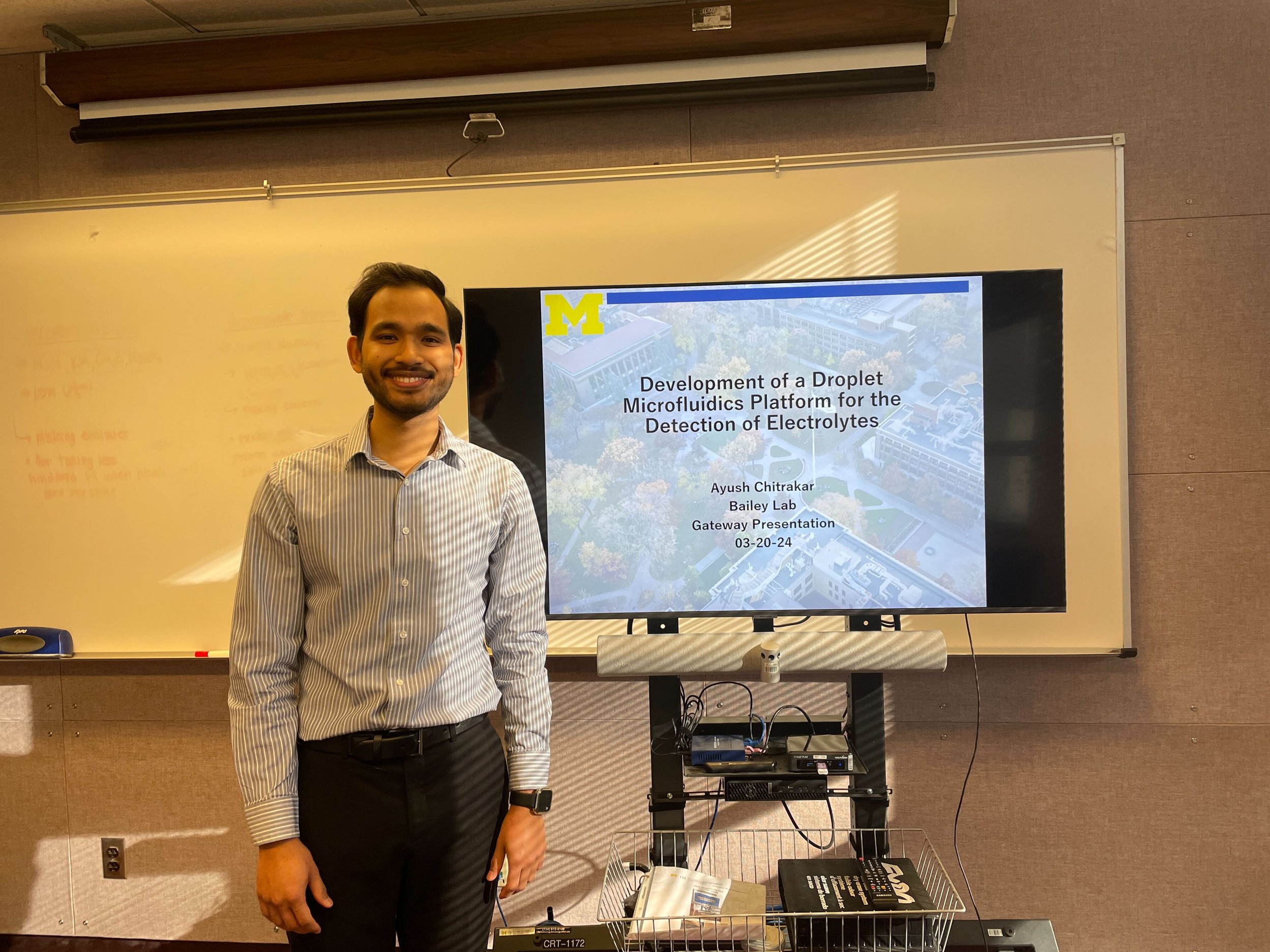
Congratulations to 2nd-year PhD candidate, Ayush Chitrakar, for completing his gateway exam! This is a huge milestone in the graduate school journey and we are so proud of him for achieving this great feat. Here’s to successful droplet generation and detection of very important electrolytes in the years to come! Congrats, Ayush!!
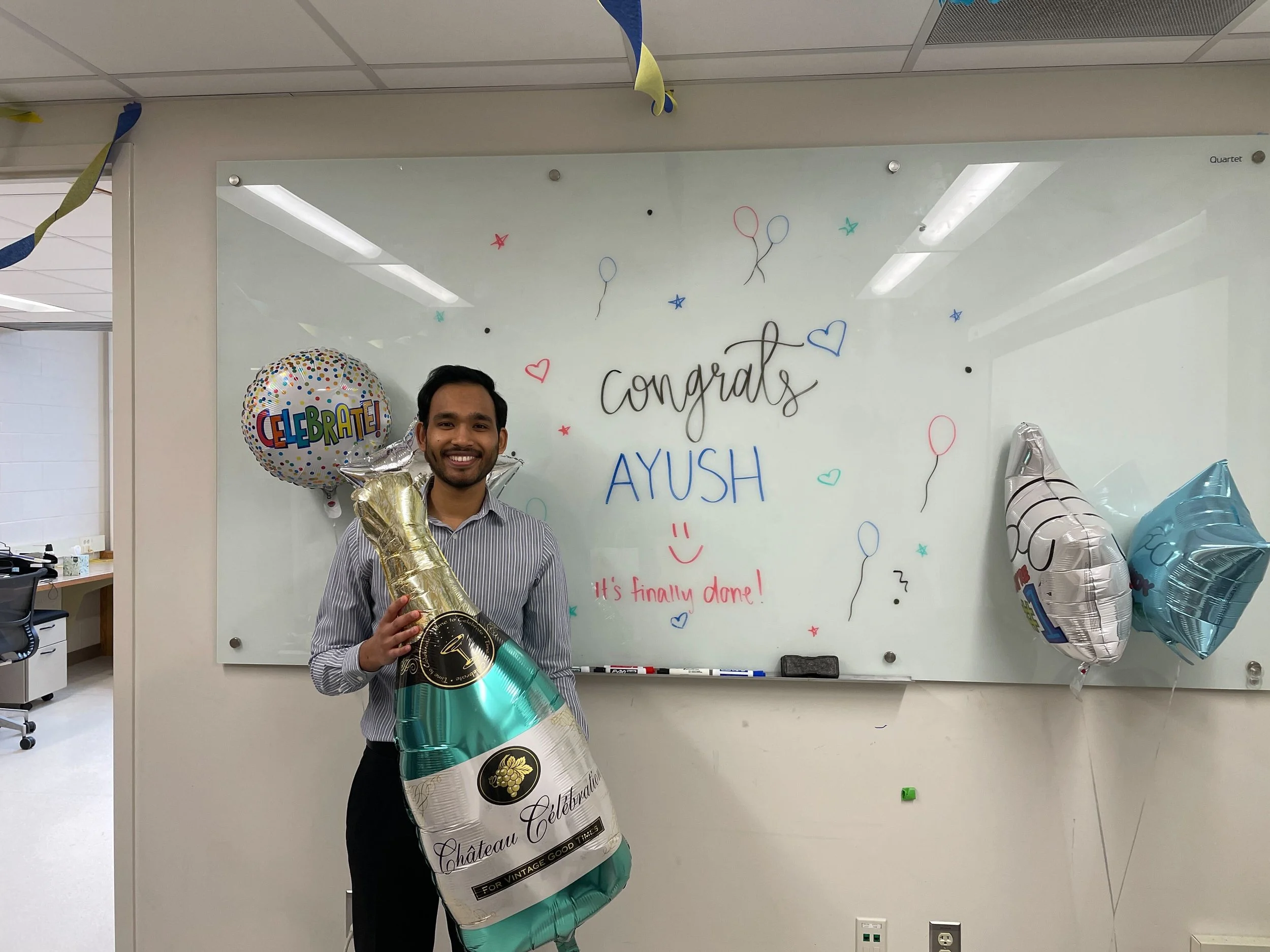
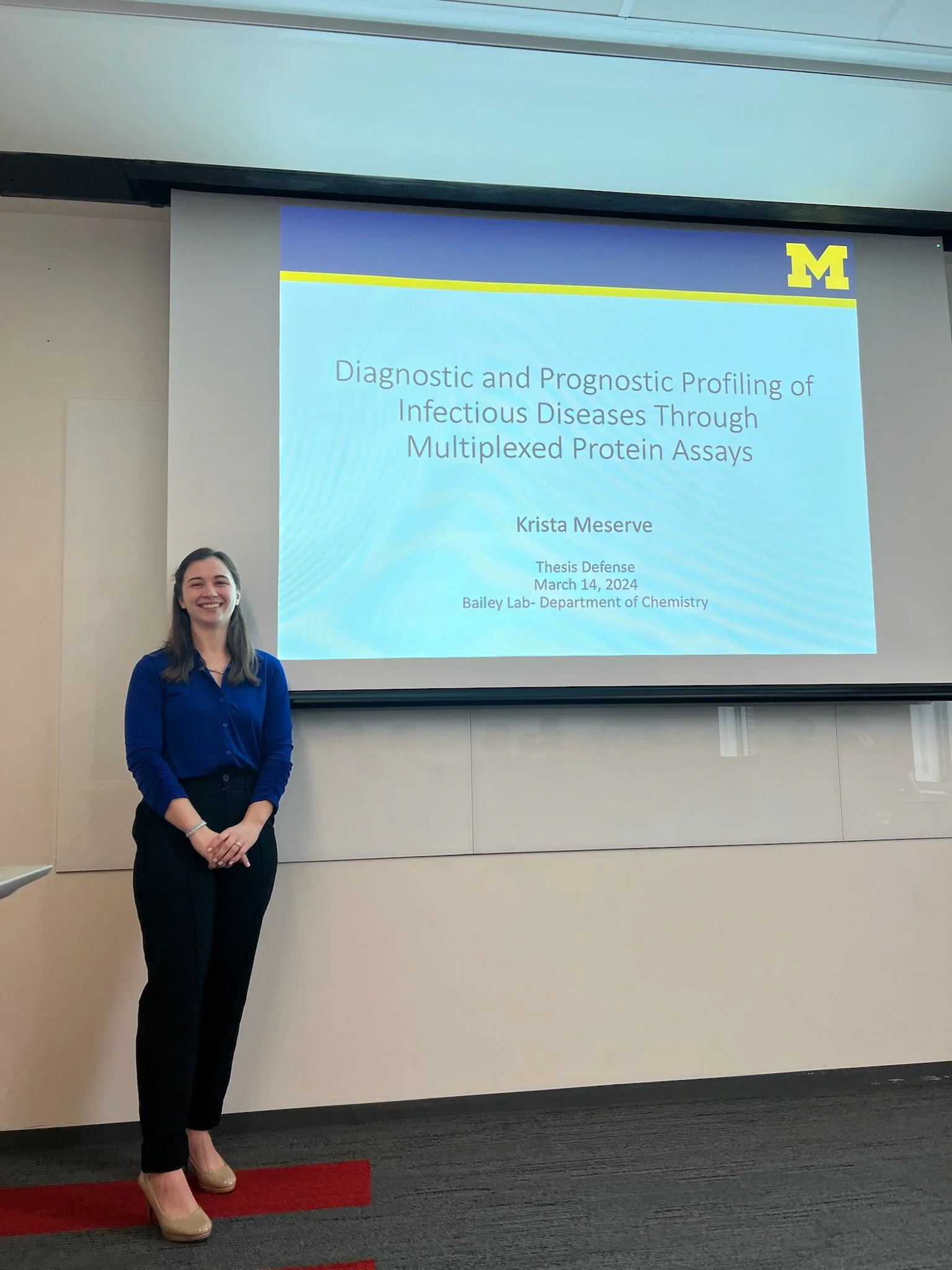
Congratulations to Dr. Krista Meserve for successfully defending her thesis, titled “Diagnostic and Prognostic Profiling of Infectious Diseases Through Multiplexed Protein Assays”, on Pi Day! Krista presented her work on using microring resonator technology to characterize markers of Ebola virus and latent Tuberculosis infection.
After her defense, we celebrated Krista’s accomplishment with pi themed snacks, like pizza and whoopie pies (the official treat of Krista’s home state of Maine!). Ed Sheeran also made a surprise appearance to congratulate her.
Congratulations to Dr. Krista from the Bailey lab! We are excited to see where this next chapter takes her!
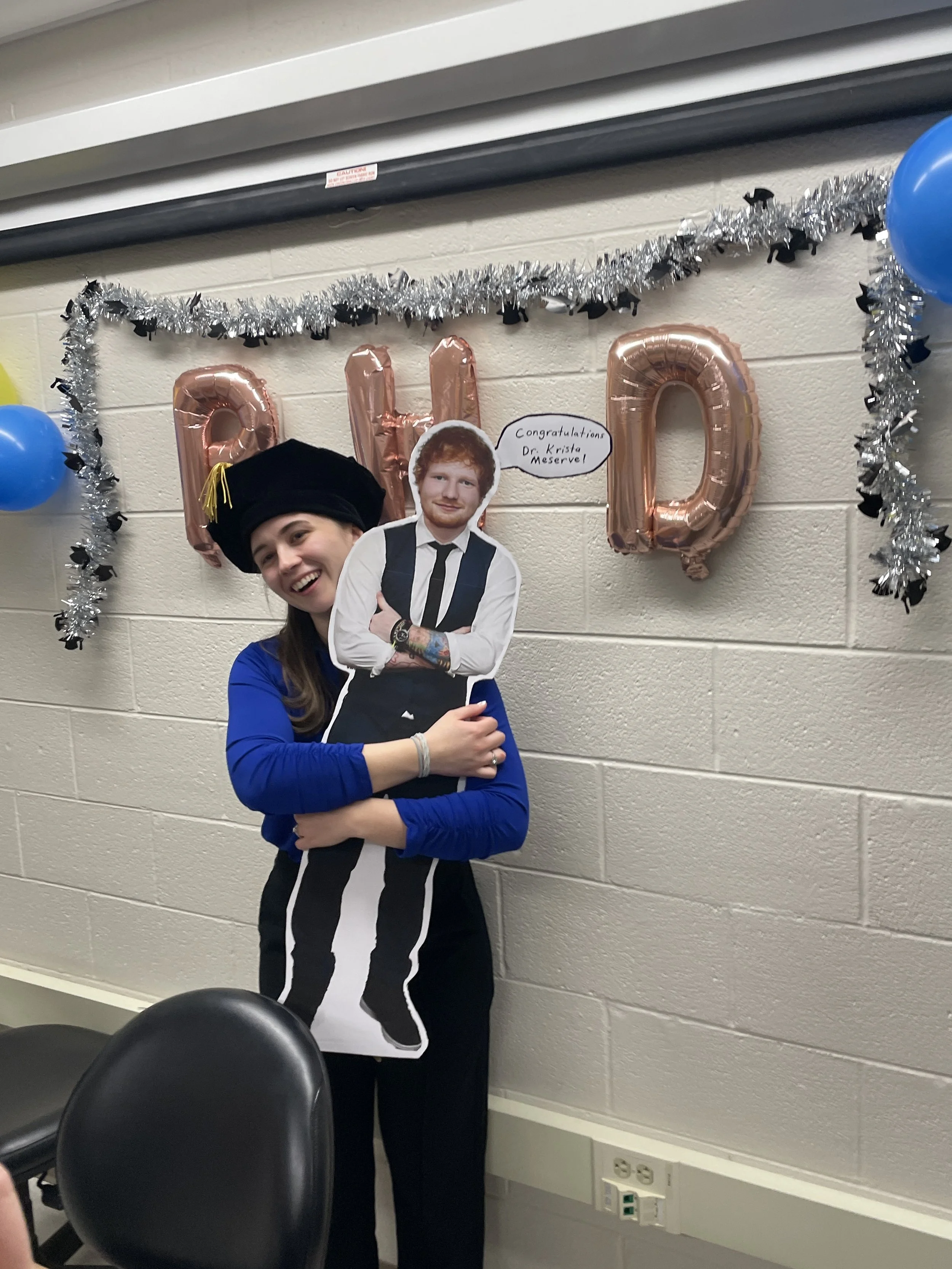
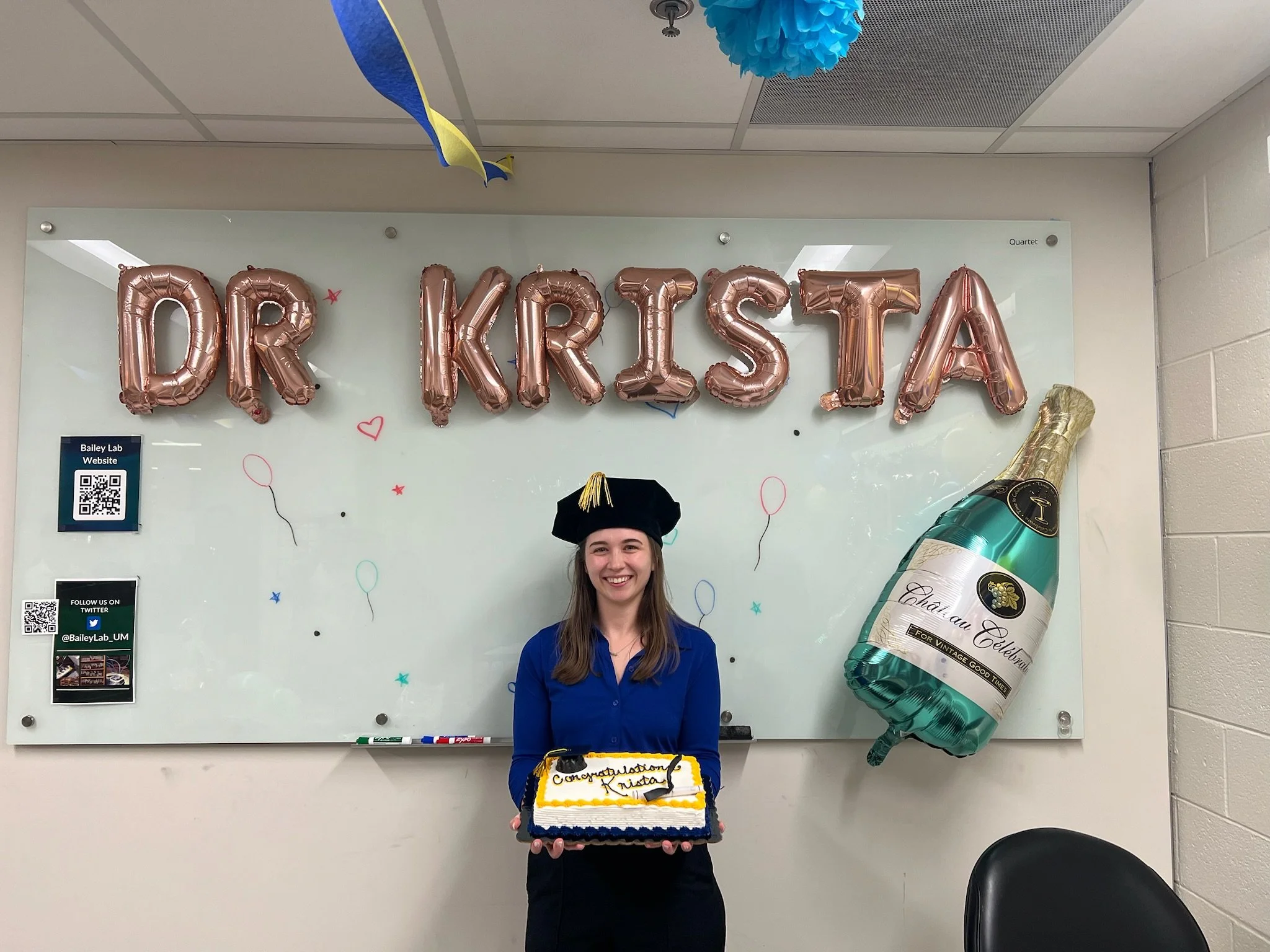
Congratulations to current 5th-year graduate student, Krista, for her recent accomplishments: a presentation award at the 2023 ANACHEM symposium and a co-first author publication in the Journal of Chemical Education!
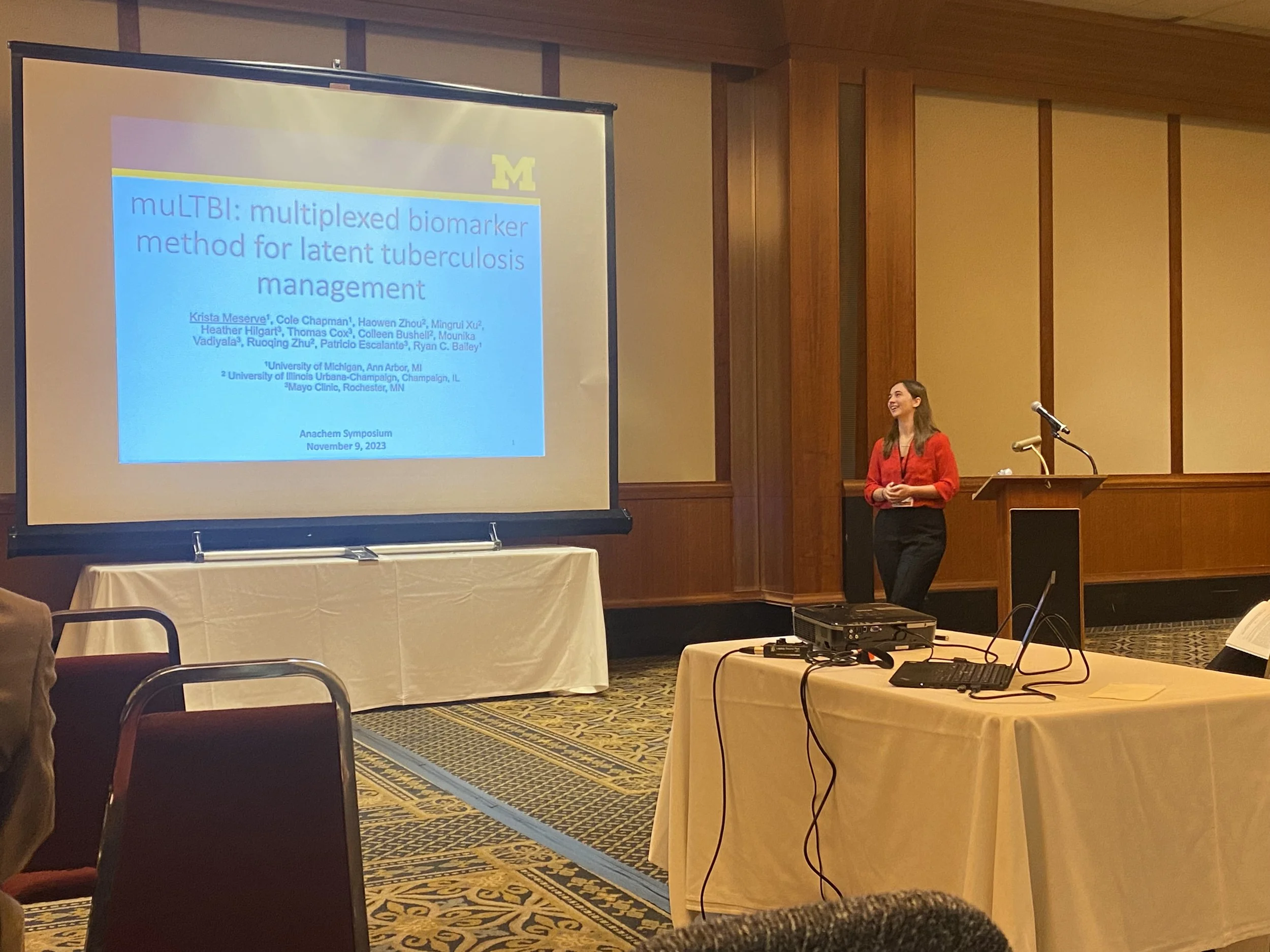
The 2023 ANACHEM symposium was held on November 9th, 2023 in Livonia, Michigan. The day-long event was filled with research talks, workshops, a poster session, and a plenary lecture from the 2022 ANACHEM award winner: Dr. Joseph Loo, Professor in the Department of Biological Chemistry, David Geffen School of Medicine, and in the Department of Chemistry & Biochemistry at UCLA.
Krista represented the Bailey Lab and gave a research talk titled, “muLTBI: a multiplexed biomarker method for latent tuberculosis management”. She presented the first graduate student talk of the day and was recognized as the best graduate student presentation in her session!
Judy Wu and Andrew Holen from the Pratt Lab received the award for their respective presentation sessions and Rosie Villafuerte-Vega from the Ruotolo Lab was recognized as the best graduate student poster presentation. Congrats to all the presenters!

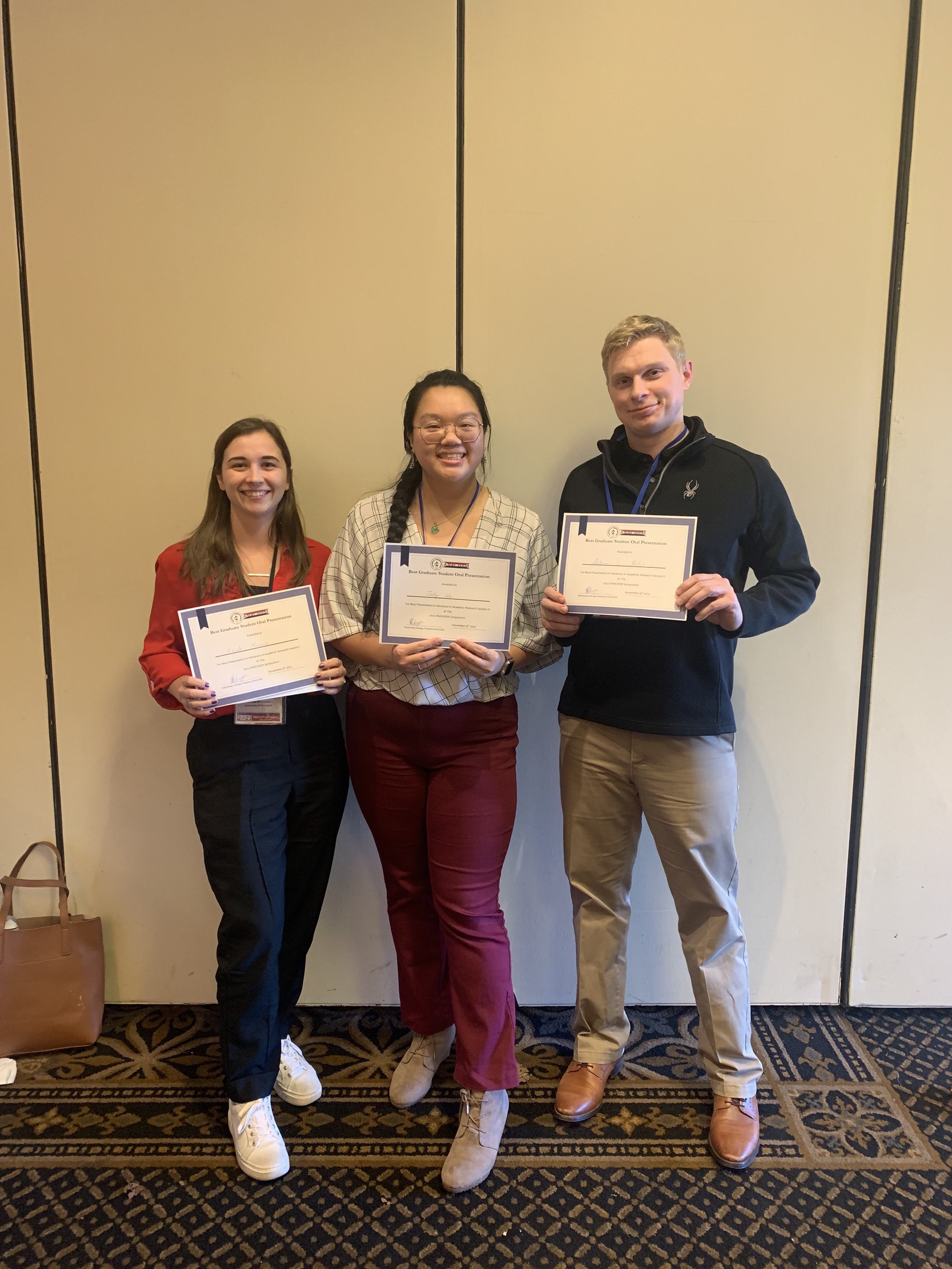
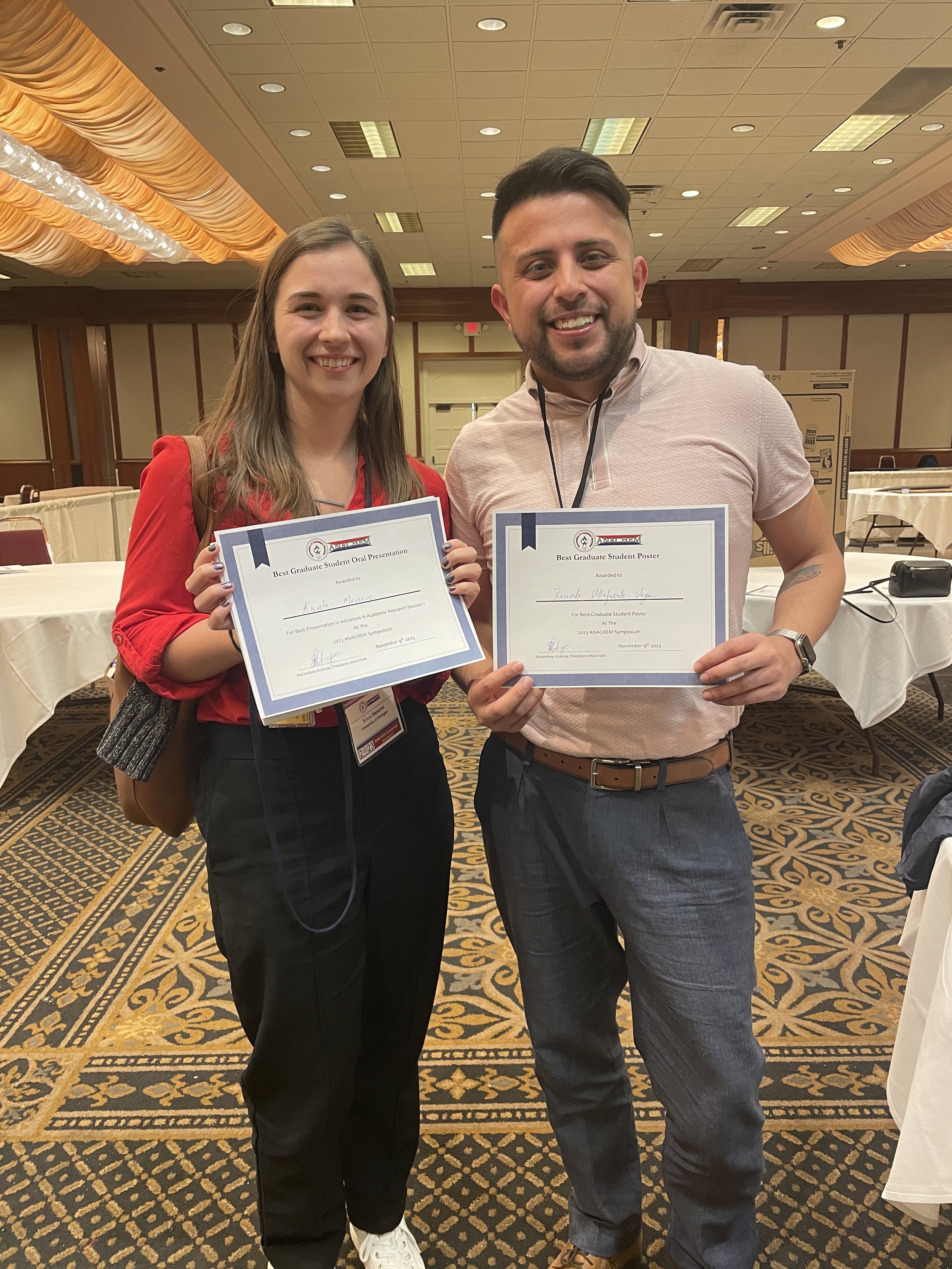
Congratulations to Krista and her colleagues in the Shultz Research Group for their recent publication in the Journal of Chemical Education! The publication focuses on the implementation and adaptation of the chemistry instructional coaching program within the department.

Abstract: Graduate teaching assistants (GTAs) are crucial facilitators of undergraduate education, yet many begin their teaching appointments with minimal knowledge of teaching practices. Chemistry Instructional Coaching offers GTAs at the University of Michigan an opportunity to develop their instructional practice through a collaborative, nonevaluative, and reflective coaching program. We implemented an instructional coaching program designed in collaboration with the Knowles Teacher Initiative to meet the needs of GTAs teaching in a postsecondary setting. In a coaching cycle, a trained GTA (the coach) guides a recruited GTA (the coachee) through conversations that allow the coachee to develop a teaching-related goal, plan how to implement changes to their instruction, and reflect on the measurable outcomes. This iterative cycle builds on itself over the course of one or two semesters, with new goals being identified for each cycle. Through adapting the program in our department over time, we utilized feedback from coaches and coachees to adjust the structure of the coaching program and develop relevant materials to support knowledge of instructional practice. Herein, we report on the program design, enrollment, and current structure, and we discuss the main adaptations that we implemented to develop a sustainable program within the chemistry department. We believe that this graduate-student-led instructional coaching program has the potential to be integrated into other departments or postsecondary settings.

Read the full paper here!
Congratulations to co-first authors Rebecca, Ina, and Krista (pictured here at the Shultz Group’s traditional ‘Paper Cake’ celebration), and the entire coaching team!
Congratulations to Dr. Nico Mesyngier for his publication in Analytical Chemistry! Check it out below!
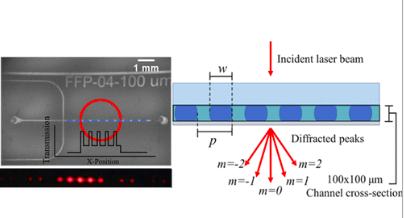
Abstract: Droplet-based microfluidic systems possess many fundamental advantages as a platform for the analysis of chemical and biological species. However, whereas on-chip operations have rapidly developed over the past decades, approaches for analyzing target molecules within droplets have largely remained limited to methods requiring bulky and expensive instrumentation. In this work, we describe a droplet analysis approach whereby the droplet train itself is the sensing construct. Specifically, the droplet train is interrogated as a transmission phase grating, allowing high-throughput, label-free, solution-phase, and multi-parametric analysis of droplet contents. Importantly, three distinct properties of generated droplets can be simultaneously extracted using this conceptually simple and experimentally straightforward measurement approach. Under constant droplet generation conditions, measurement of droplet viscosity is achieved by monitoring changes in zero order to first order peak separation in the far-field diffraction pattern, with a sensitivity of 2.28 × 10–4 cSt per μm change in peak separation. In parallel, measurement of droplet refractive index (RI) is achieved by measuring changes in the ratio of the zero order to first order peak intensity, with a sensitivity of 2.14 × 10–4 RI units per unit change in a diffracted peak intensity ratio. Finally, droplet generation frequency is determined from the time-varying oscillation of the peak height ratio, yielding comparable results to an expensive high-speed camera commonly used for droplet imaging. Importantly, the experimental strategy for this approach is straightforward and does not require expensive instrumentation; therefore, it may find utility in affordable and portable analysis approaches applied to diverse droplet microfluidic assays.
Read the full length paper here!
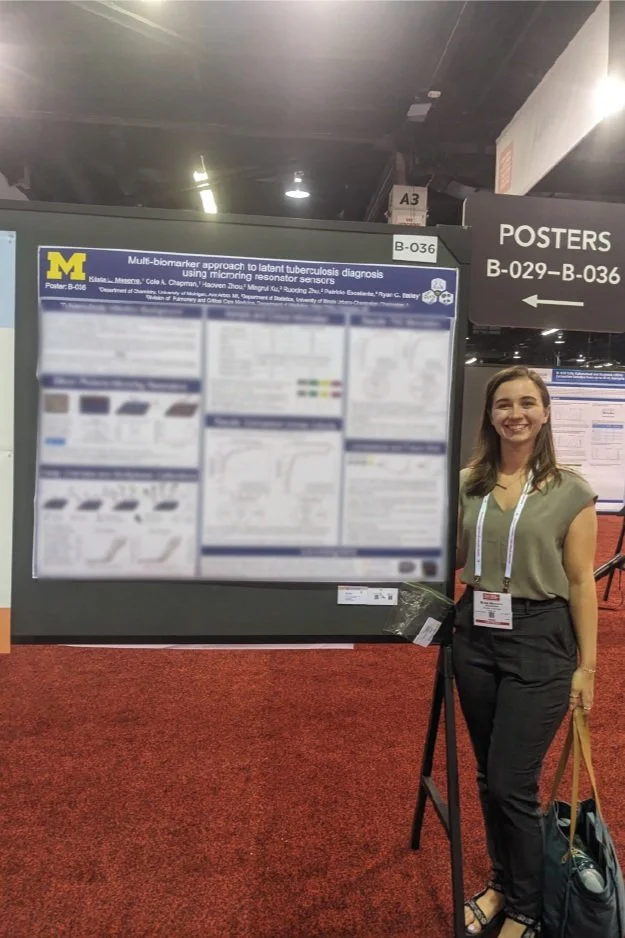
Rising fifth-year, Krista, spent the last week in sunny Anaheim, California attending the Association for Diagnostic and Laboratory Medicine (ADLM, formerly the American Association for Clinical Chemistry- AACC) annual meeting. She had a chance to listen to insightful plenary lectures, learn about the status of lab medicine in scientific sessions, and explore the vendors in the expo hall. She presented a poster titled “Multi-biomarker approach to latent tuberculosis diagnosis using microring resonator sensors” and interacted with many scientists. After the conference, Krista spent time exploring the Campus of UC Irvine and eating great food with Bailey Lab alumni, Abe Qavi (‘12) and Gloria Diaz (‘22)!
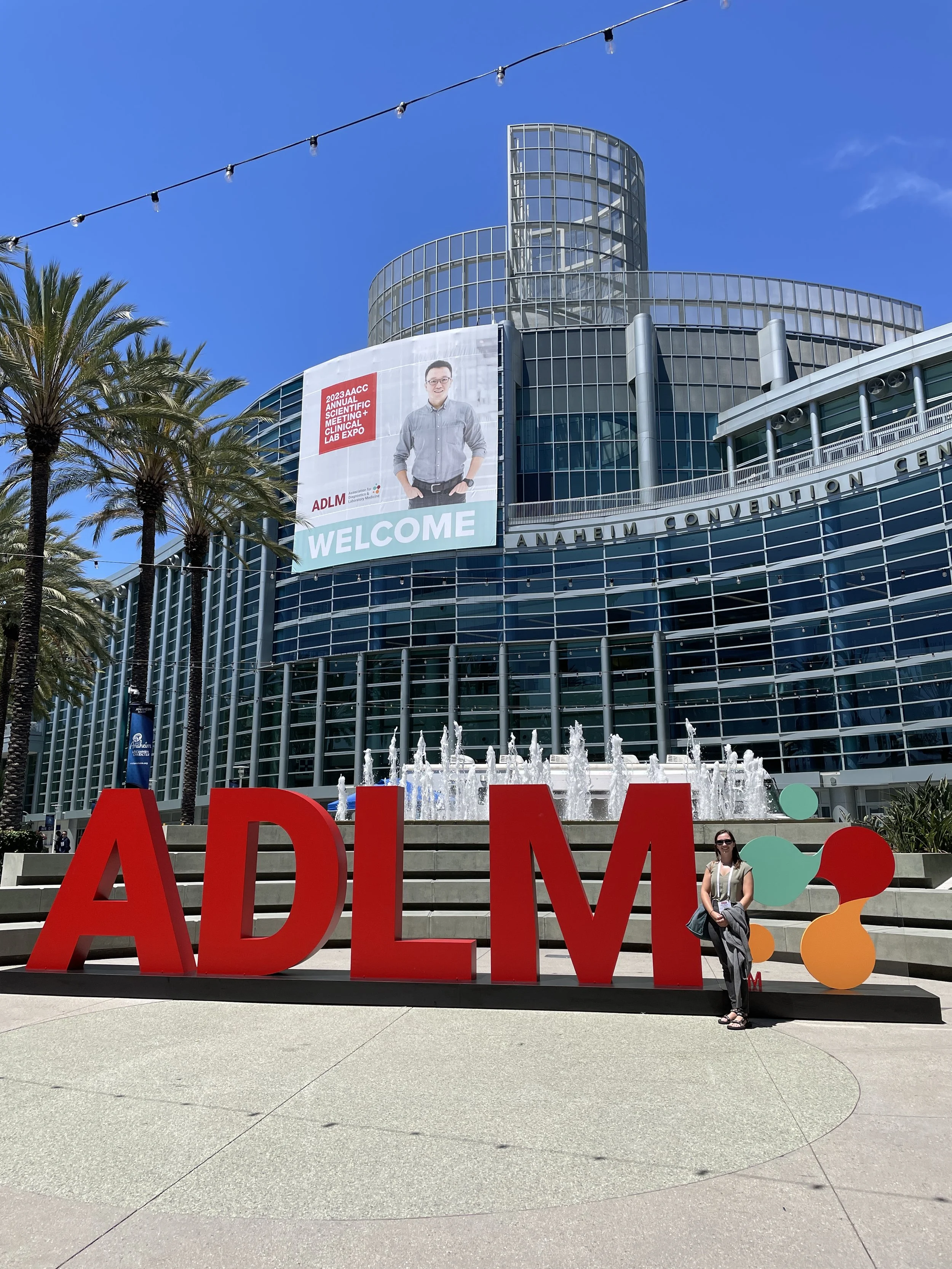
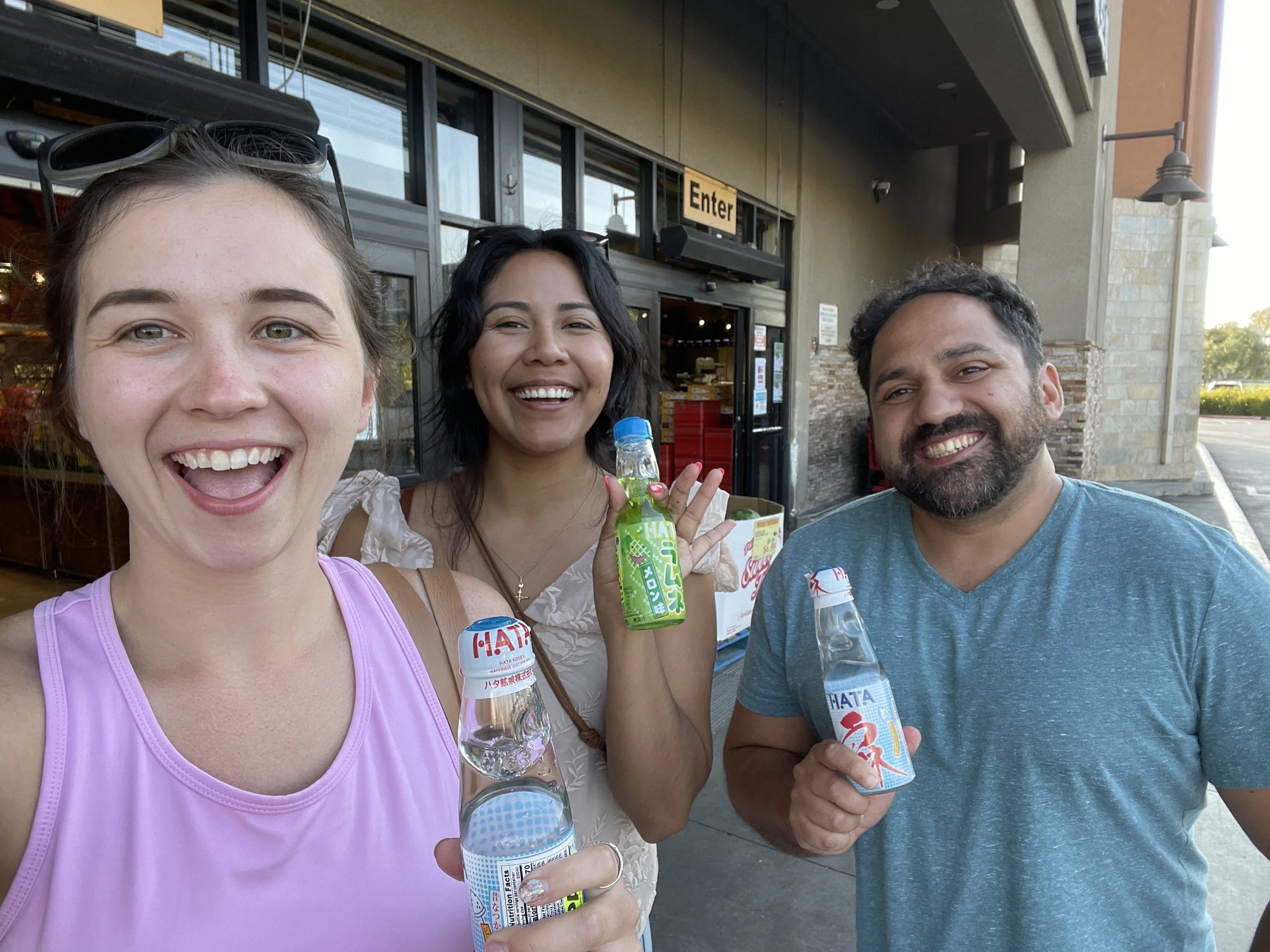
The 2023 Karle and URAN | UM symposiums were held in the chemistry building last week. The Karle symposium is a yearly event named for Isabella and Jerome Karle, distinguished graduates of our department, who worked together to advance X-ray crystallography methods. The day-long event is filled with student talks, poster sessions, an industry presentation, and a keynote lecture. This year’s keynote lecturer was Dr. Hannah Shafaat from the University of California, Los Angeles.
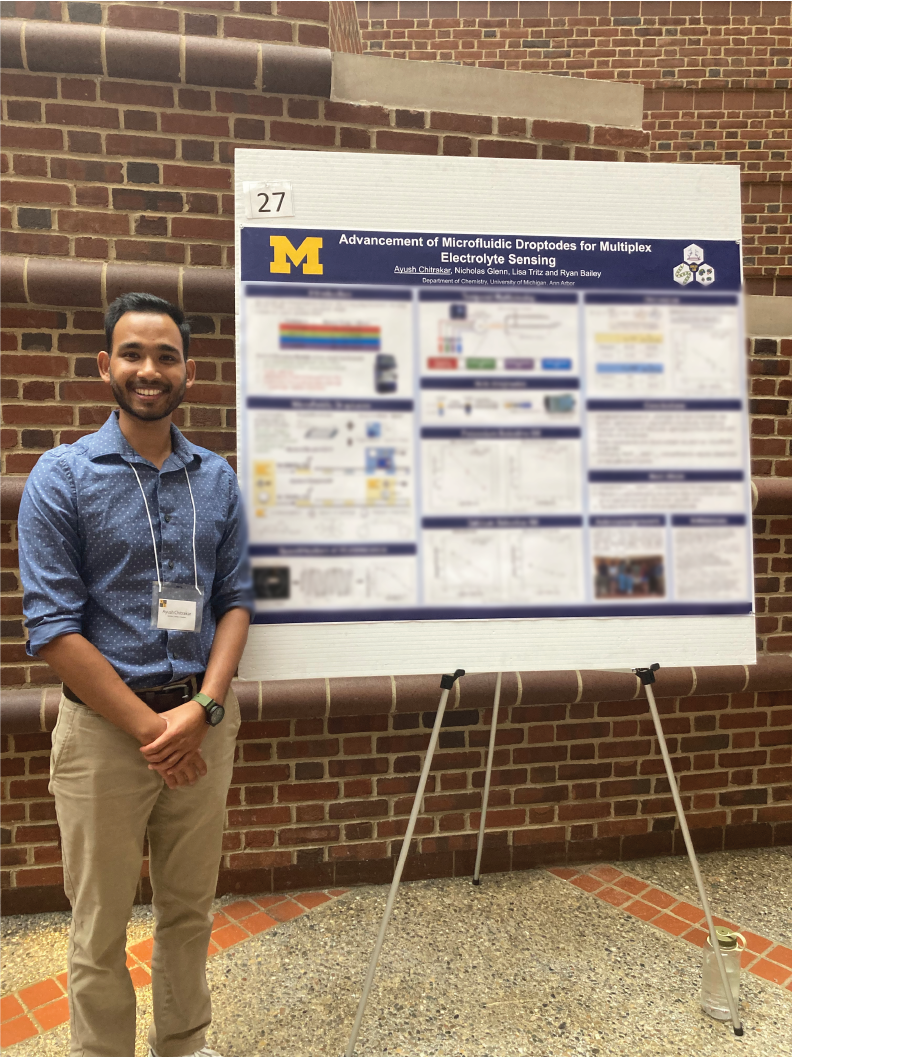
The Undergraduate Research and Networking at UMich (URAN | UM, pronounced ‘uranium’) is an annual event dedicated to connecting undergraduate researchers to department alumni and providing a space for scientific presentations of the research they have been conducting.
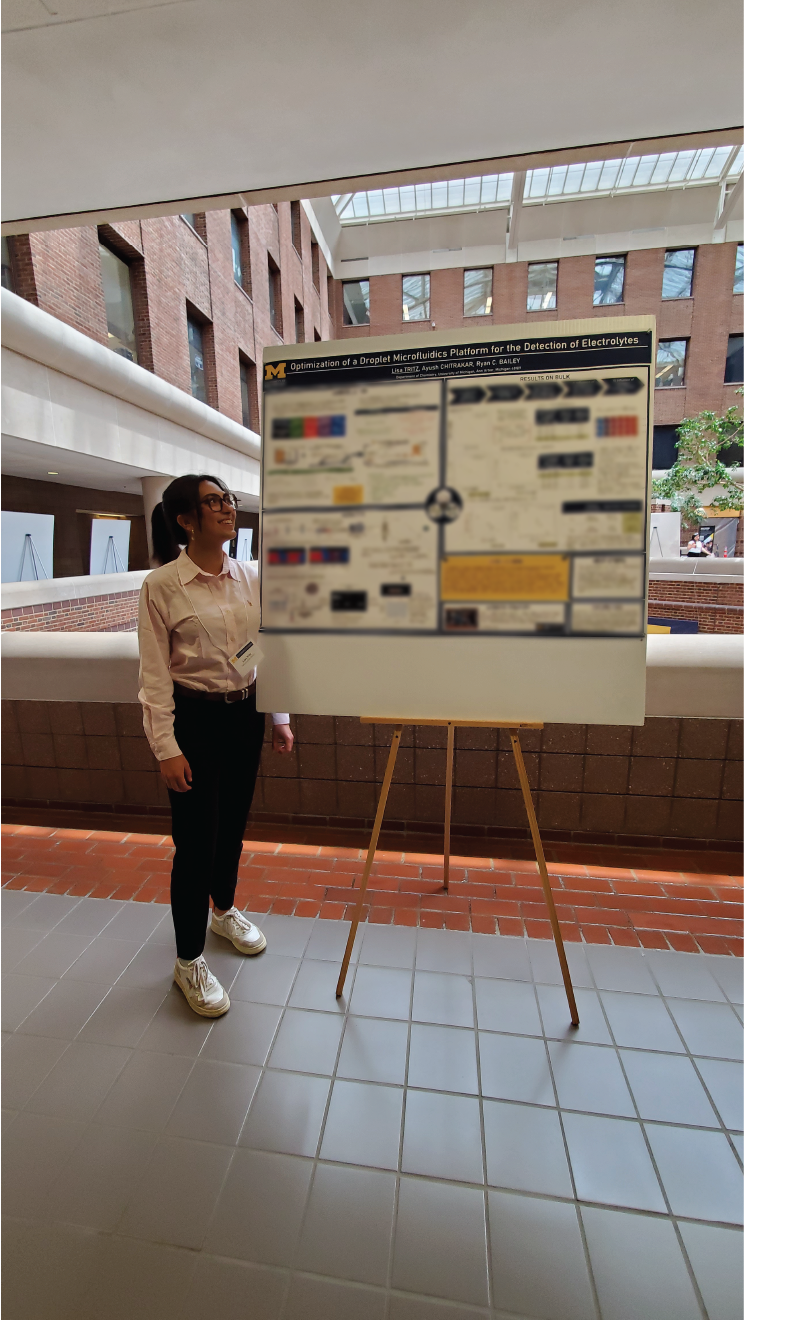
The Bailey Lab was represented at the Karle symposium by rising second-year, Ayush Chitrakar, who was on the Karle organizing committee and presented a poster titled “Advancement of Microfluidic Droptodes for Multiplexed Electrolyte Sensing”. We were also represented at the URAN | UM poster session by our visiting undergraduate scholar, Lisa Tritz, who presented a poster titled “Optimization of a Droplet Microfluidics Platform for the Detection of Analytes”.
Great work to both!
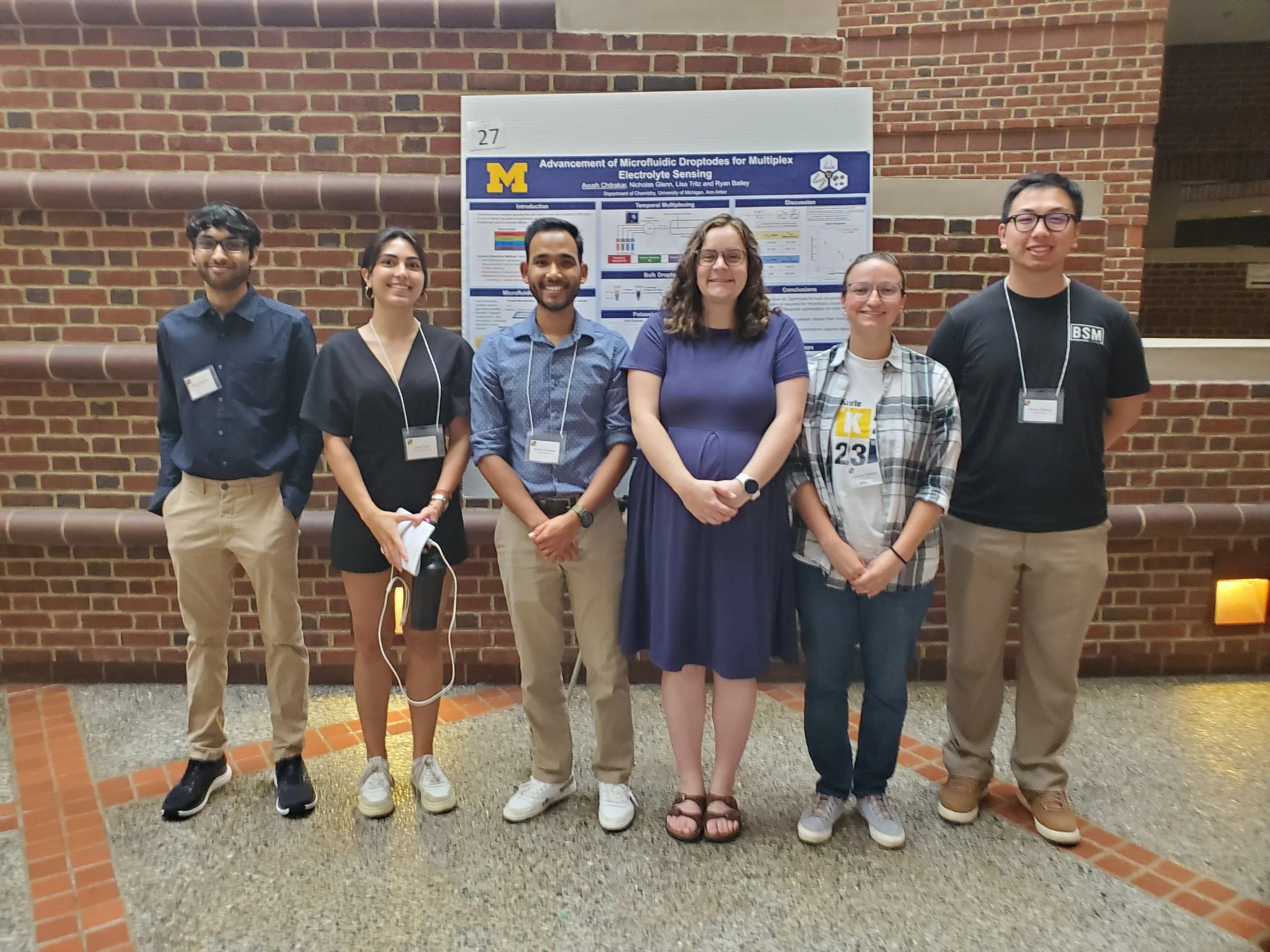
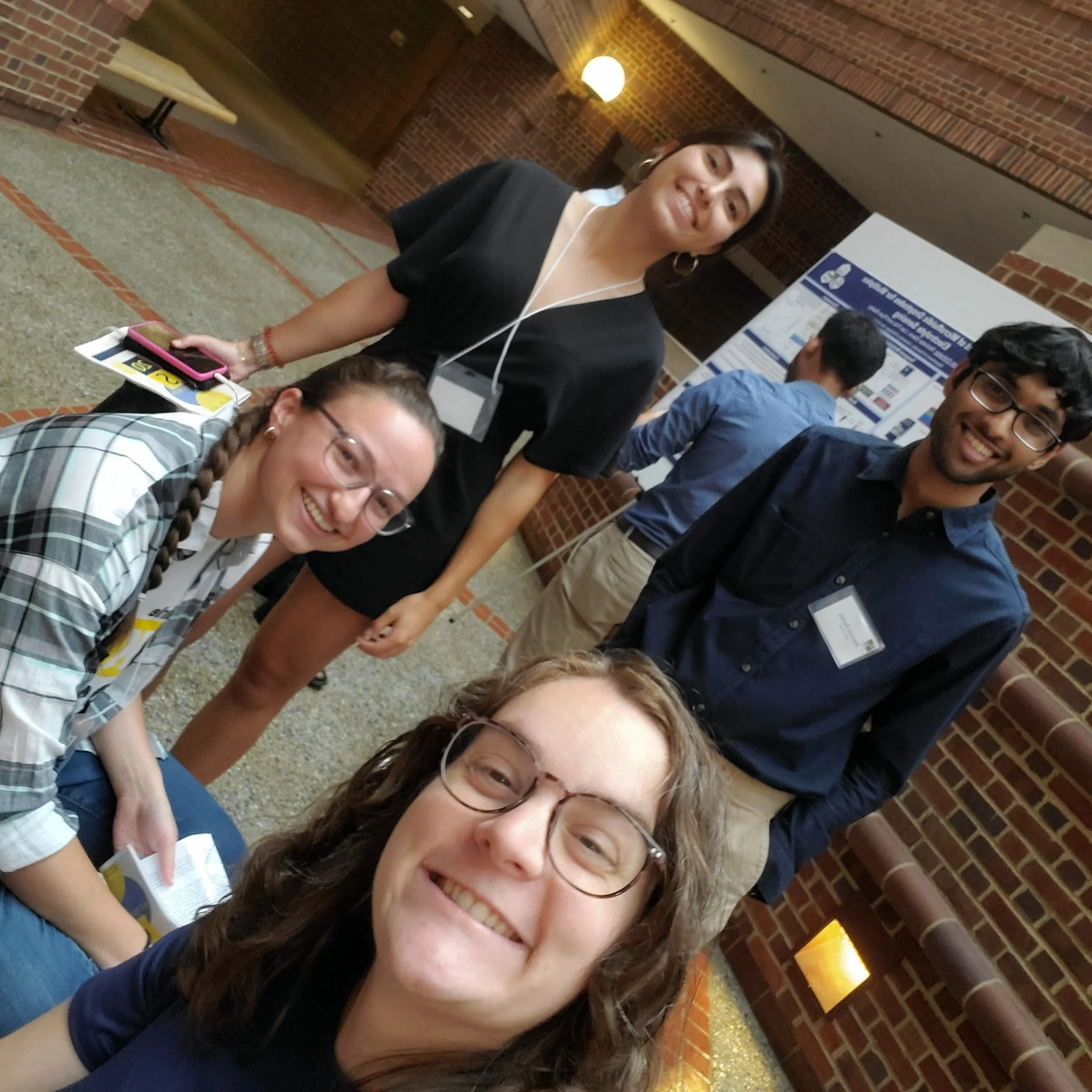
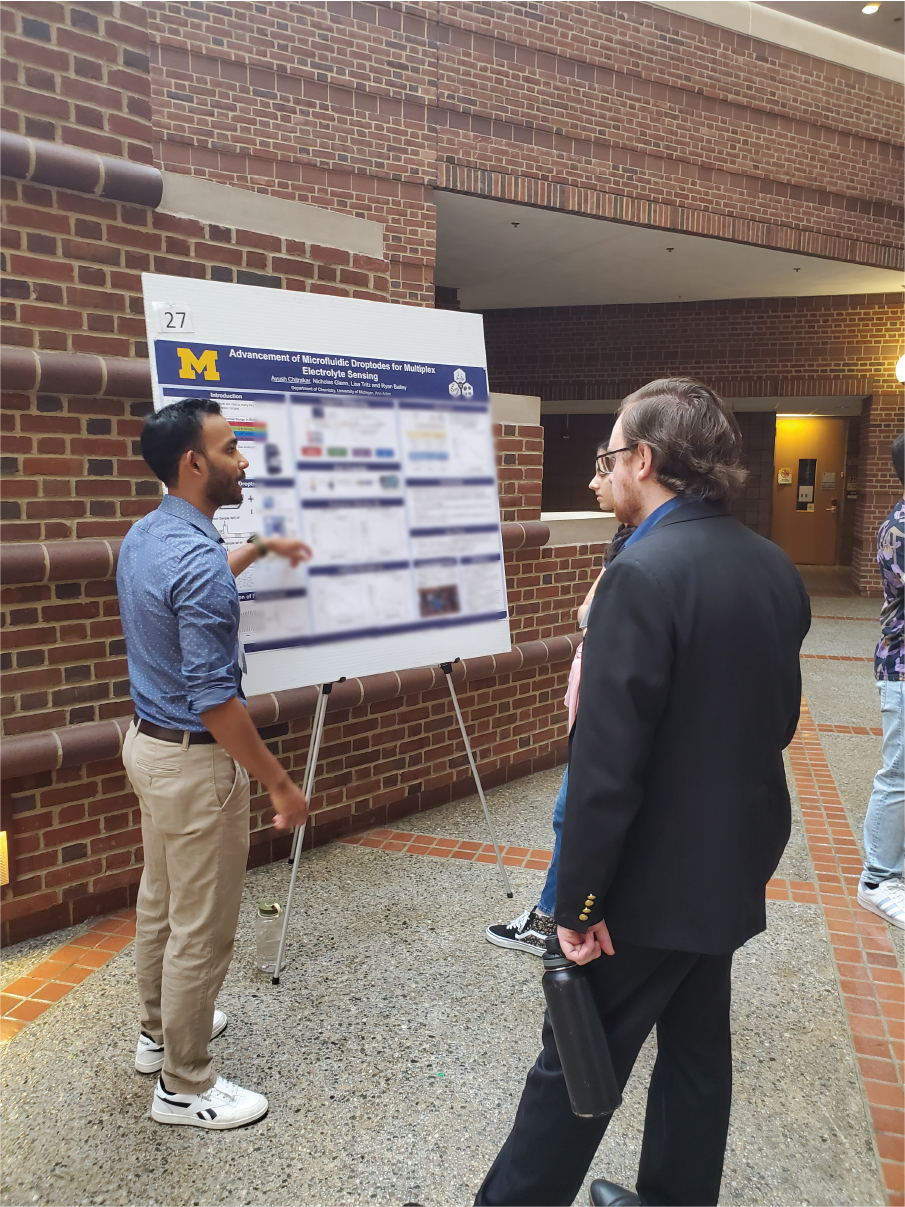

Congratulations to Marina and Krista for the recent publications of work they contributed to! Check them out below!
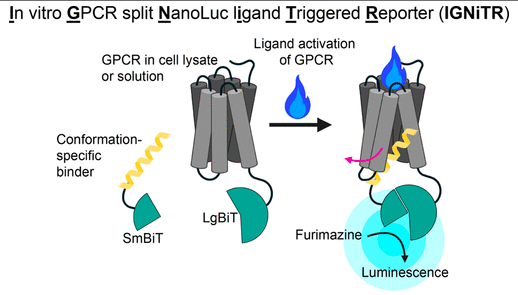
Abstract: G protein-coupled receptors (GPCRs) serve critical physiological roles as the most abundant family of receptors. Here, we describe the design of a generalizable and cell lysate-based method that leverages the interaction between an agonist-activated GPCR and a conformation-specific binder to reconstitute split nanoluciferase (NanoLuc) in vitro. This tool, In vitro GPCR split NanoLuc ligand Triggered Reporter (IGNiTR), has broad applications. We have demonstrated IGNiTR’s use with three Gs-coupled GPCRs, two Gi-coupled GPCRs and three classes of conformation-specific binders: nanobodies, miniG proteins, and G protein peptidomimetics. As an in vitro method, IGNiTR enables the use of synthetic G protein peptidomimetics and provides easily scalable and portable reagents for characterizing GPCRs and ligands. We tested three diverse applications of IGNiTR: (1) proof-of-concept GPCR ligand screening using dopamine receptor D1 IGNiTR; (2) detection of opioids for point-of-care testing; and (3) characterizing GPCR functionality during Nanodisc-based reconstitution processes. Due to IGNiTR’s unique advantages and the convenience of its cell lysate-based format, this tool will find extensive applications in GPCR ligand detection, screening, and GPCR characterization.
Check out the full paper here! Congratulations, Dr. Sarcinella!
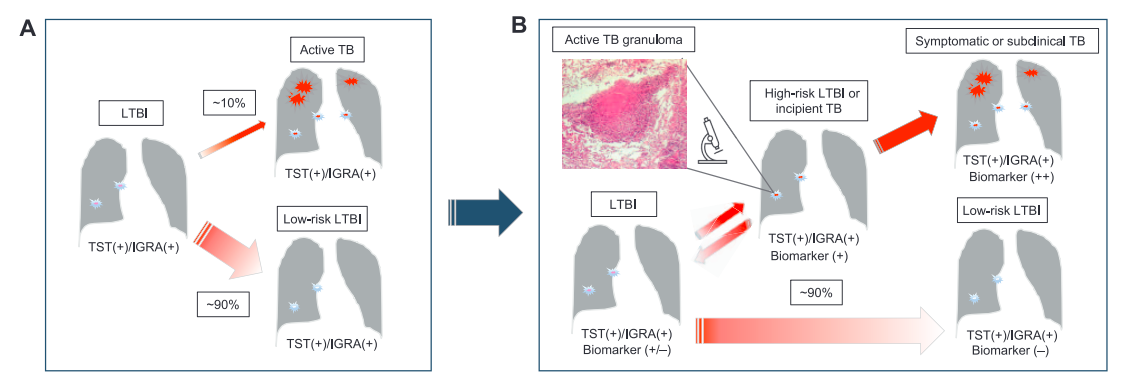
Abstract: TB remains a leading cause of morbidity and mortality worldwide. However, most infected immunocompetent individuals are asymptomatic and only 5–10% of these will eventually develop active TB during their lifetime (typically within 2 years after exposure). Therefore, rapid diagnosis and efficient management of asymptomatic infected individuals who are at the highest risk of progression and transmission remain major clinical and public health challenges. In recent years, there has been important scientific progress in our understanding of the spectrum of asymptomatic Mycobacterium tuberculosis (Mtb) infections that not only includes the dynamic state of latent TB infection (LTBI), but also the preclinical state of incipient and subclinical TB. The latter is possibly as prevalent as symptomatically active TB and potentially contributes to global Mtb transmission in various settings. We summarize the latest developments and current challenges of the existing testing tools for LTBI and describe promising biomarkers and diagnostics for the spectrum of asymptomatic TB. Following the negative results of a recent clinical trial for a biomarker-guided preventive therapy approach, we also suggest some treatment options for incipient TB.
Check out the full text here! Congrats, Krista!
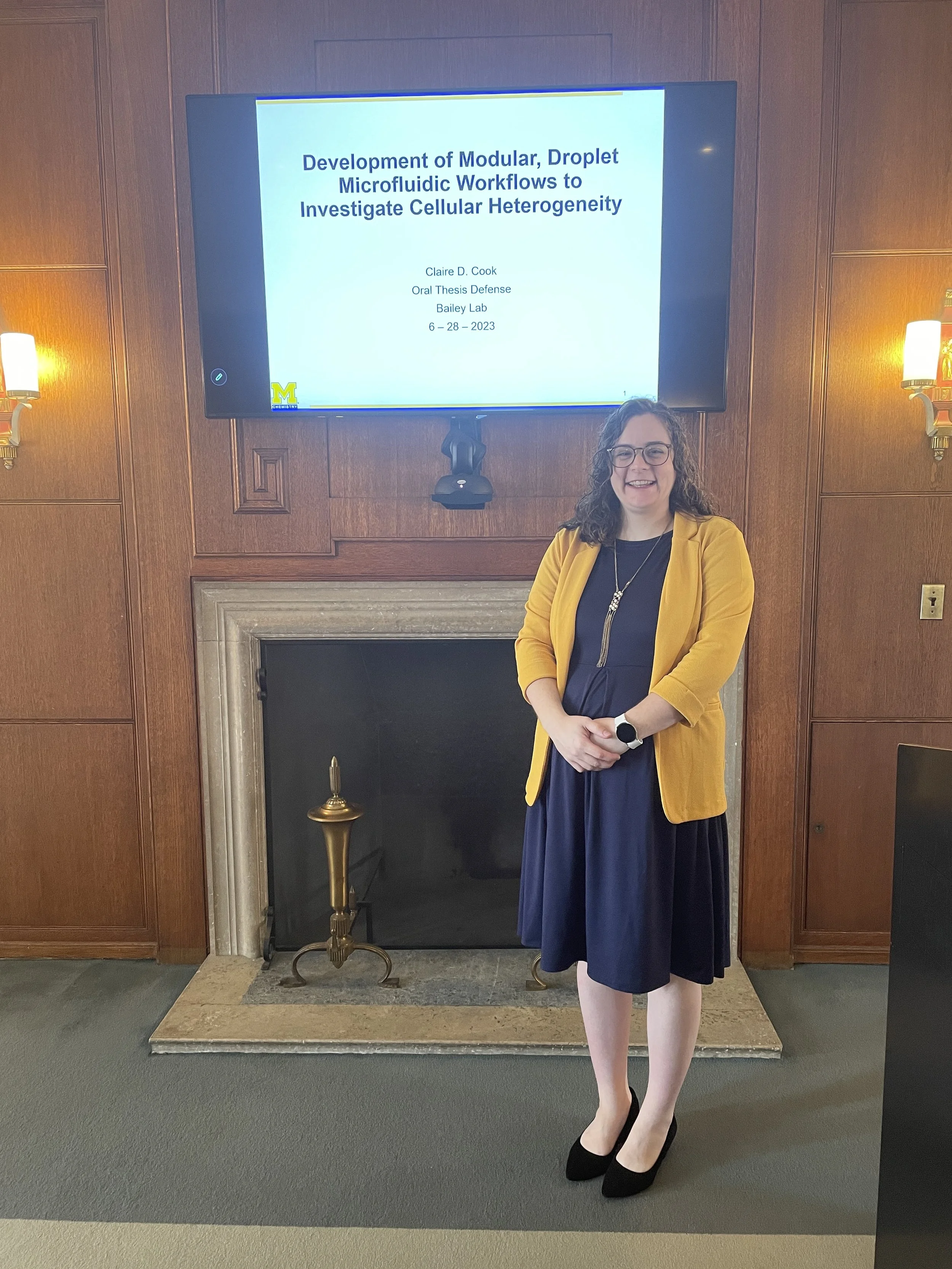
Congratulations to Dr. Claire Cook for recently defending her thesis, titled “Development of Modular, Droplet Microfluidic Workflows to Investigate Cellular Heterogeneity”. Claire presented her work on optimizing droplet microfluidic platforms toward automation of cellular assays. After her defense, Claire celebrated this great accomplishment with lab mates, family, friends, and a delicious cake!
We wish Dr. Cook all the best in her future endeavors!
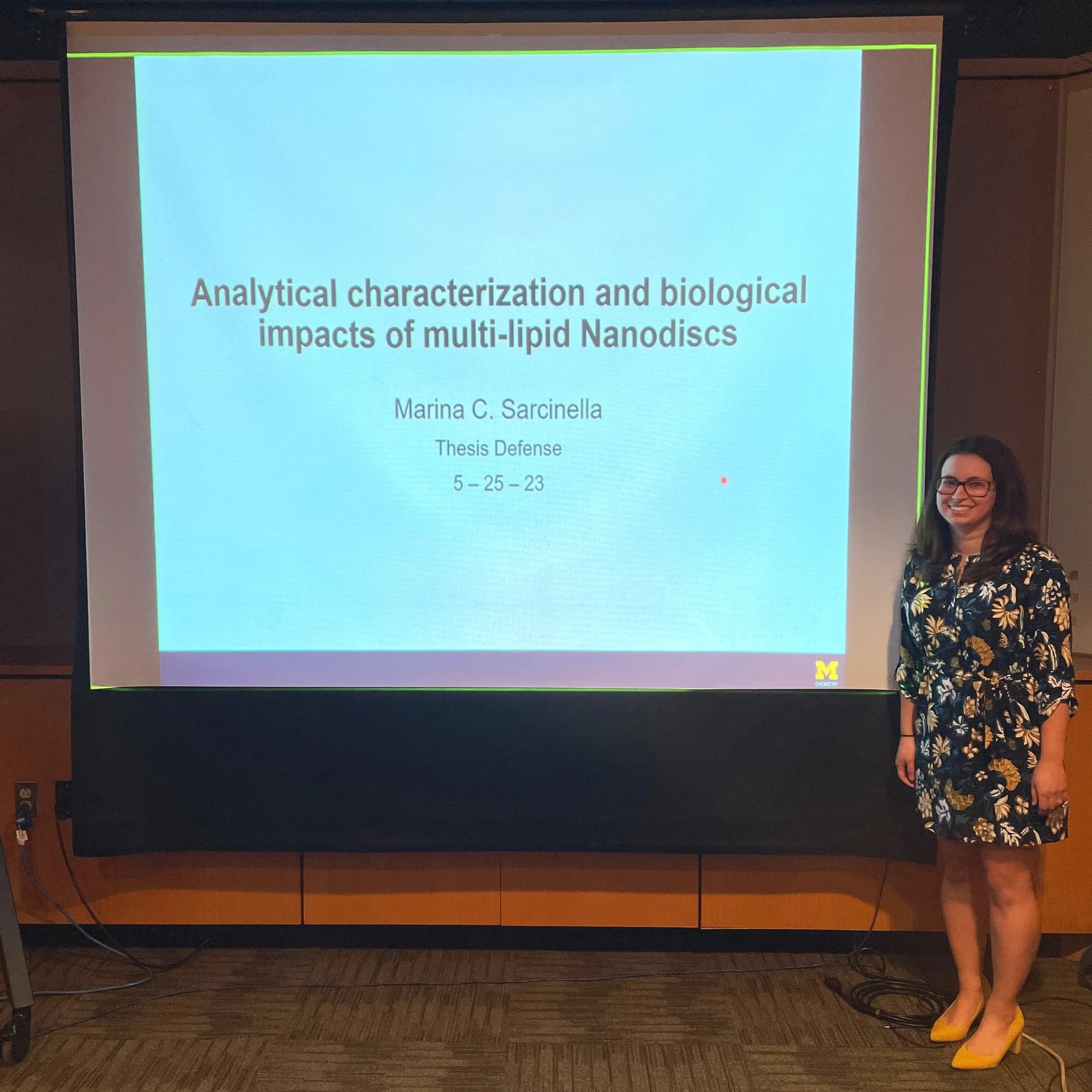
A huge congrats to Dr. Sarcinella for recently defending her thesis, titled “Analytical characterization and biological impacts of multi-lipid Nanodiscs”. Marina presented on the work she has done in developing analytical tools for the characterization of Nanodiscs, a lipid bilayer mimetic.
In a few weeks, Marina will begin her new job as an analytical scientist at Corteva Agriscience in Indianapolis. We wish her all of the best and cannot wait to follow along with all the exciting research she will be conducting!